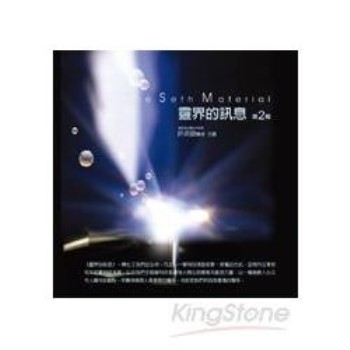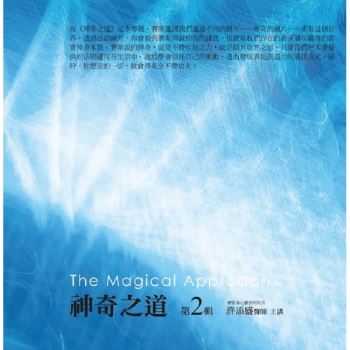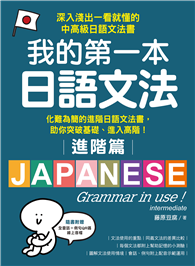On April 22-23, 1988, approximately 432,000 gallons of San Joaquin Valley crude oil spilled from an aboveground storage tank at a Shell Oil Company refinery into the surrounding environment, including the northern reaches of San Francisco Bay (the Martinez spill). Pursuant to the settlement of the resulting litigation (United States/California v. Shell Oil Co., No. C89-4220, (N.D. Cal1990)), Shell Oil Company provided funding for, among other things, studies to improve future response strategies to oil spills and ensure better restoration of resources and services affected by such spills. The California Oil Spill Contingent Valuation Study was one of the studies funded by the settlement. The purpose of the California Oil Spill (COS) Contingent Valuation (CV) Study was "to execute and document a contingent valuation study of natural resource damages associated with offshore, coastal, or estuarine oil spills in California" (State of California, Department of Justice, Contract Number 89-2126). The COS CV study developed an estimate of per household ex ante economic value for a program to prevent a specified set of natural resource injuries to those species of birds and intertidal life that are consistently affected by oil spills along California’s Central Coast. The principal investigators on the COS study team were Richard T. Carson of the University of California, San Diego, and W. Michael Hanemann of the University of California, Berkeley. The study’s project manager was Kerry M.
| FindBook |
有 1 項符合
Valuing Oil Spill Prevention: A Case Study Of California’s Central Coast的圖書 |
 |
Valuing Oil Spill Prevention: A Case Study Of California’s Central Coast 作者:Carson 出版社:Springer 出版日期:2004-12-01 語言:英文 規格:精裝 / 256頁 / 25.1 x 16 x 2 cm / 普通級 |
| 圖書館借閱 |
| 國家圖書館 | 全國圖書書目資訊網 | 國立公共資訊圖書館 | 電子書服務平台 | MetaCat 跨館整合查詢 |
| 臺北市立圖書館 | 新北市立圖書館 | 基隆市公共圖書館 | 桃園市立圖書館 | 新竹縣公共圖書館 |
| 苗栗縣立圖書館 | 臺中市立圖書館 | 彰化縣公共圖書館 | 南投縣文化局 | 雲林縣公共圖書館 |
| 嘉義縣圖書館 | 臺南市立圖書館 | 高雄市立圖書館 | 屏東縣公共圖書館 | 宜蘭縣公共圖書館 |
| 花蓮縣文化局 | 臺東縣文化處 |
|
|
圖書介紹 - 資料來源:博客來 評分:
圖書名稱:Valuing Oil Spill Prevention: A Case Study Of California’s Central Coast
|











